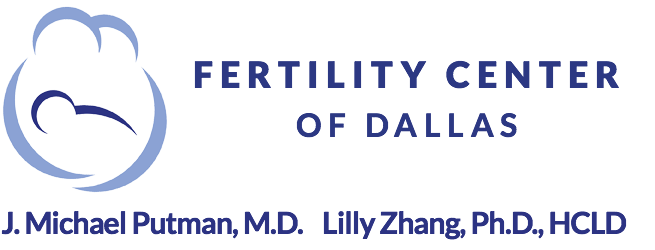
26 Jul Your Pre-Pregnancy Diet
A pre-pregnancy diet isn’t all that different than a healthy life diet, but there are a few extra factors worth considering. The healthier your body is before you get pregnant, the more likely you are to experience a healthy, full-term pregnancy once your baby is conceived.
Plus, your focus on a high-quality, pre-pregnancy diet means your little one will benefit from optimized nutrition from the moment his/her egg is fertilized. Always speak to your OB/GYN or fertility specialist before making changes to your daily diet or supplements.
Use an Anti-Inflammatory Diet as Your Guideline
One of the best ways you can ensure you’re getting the nutrients you need, and leaving potential infertility triggers behind, is to use an anti-inflammatory diet as your guideline. In fact, the anti-inflammatory diet isn’t really a “diet” at all when compared with most diets. Rather, it’s an overview of how to curate your diet using delicious foods and ingredients that support holistic health and well-being.
Anti-inflammatory diets emphasize the importance of consuming healthy fats, lean proteins, whole grains, and plenty of colorful fruits and vegetables. They also minimize or eliminate all the processed foods and refined sugars and carbs that are bad for your waistline and overall health – including fertility health.
Inflammation plays a role in multiple infertility factors – such as PCOS and endometriosis – so many women find following anti-inflammatory diet guidelines reduce some of their symptoms and minimize their treatment requirements.
Focus on Folate- and Mineral-Rich Foods
Another benefit of an anti-inflammatory diet is that it prioritizes foods that are higher in folic acid, such as leafy greens, legumes, citrus fruits and avocados (and that’s just the beginning). Folate is critical to the development of a healthy brain and nervous system, and adequate intake (400 micrograms/day) reduces your baby’s chances of having a brain- or nerve-related defect.
Read, 5 Facts About Folate, to learn more about why it’s important, and how you can get more folic acid in your life. Also, make sure your diet includes adequate daily recommended doses of iron (18 mg/day), calcium (1,000 mg/day) and zinc (8 mg/day) – all of which enhance fertility and/or your pregnancy.
Your doctor may recommend taking a prenatal supplement to ensure you’re getting what you need each day.
Prioritize Pesticide- and Herbicide-Free Foods
It would be easier to say, “Stick to organic food products whenever possible.” However, we want to honor the fact that many small, local farmers grow and raise food without the use of harmful toxins, pesticides, herbicides, hormones, etc., but aren’t able to pay for the “Organic” certification process.
Several studies link common pesticides and herbicides with infertility issues in men and women, so we advise patients to steer clear of them if at all possible. Visit, Toxins Toll on Fertility, to learn more. In the meantime, head to local farmer’s markets or join a CSA and benefit from ripe, fresh, seasonal foods grown right in your community. Talking to farmers face-to-face offers a chance to learn more about how they grow their food.
Keep Your Sights on a Healthy Pre-Pregnancy Weight
Women who are overweight or obese are more likely to experience a high-risk pregnancy, labor, and delivery. By focusing on a pre-pregnancy diet, and regular, moderate exercise, you automatically address healthy weight management – and your overall health will benefit.
Are you interested in learning more about how you can support your infertility journey using practical pre-conception health guidelines? Contact us here at the Fertility Center of Dallas to schedule a consultation.






